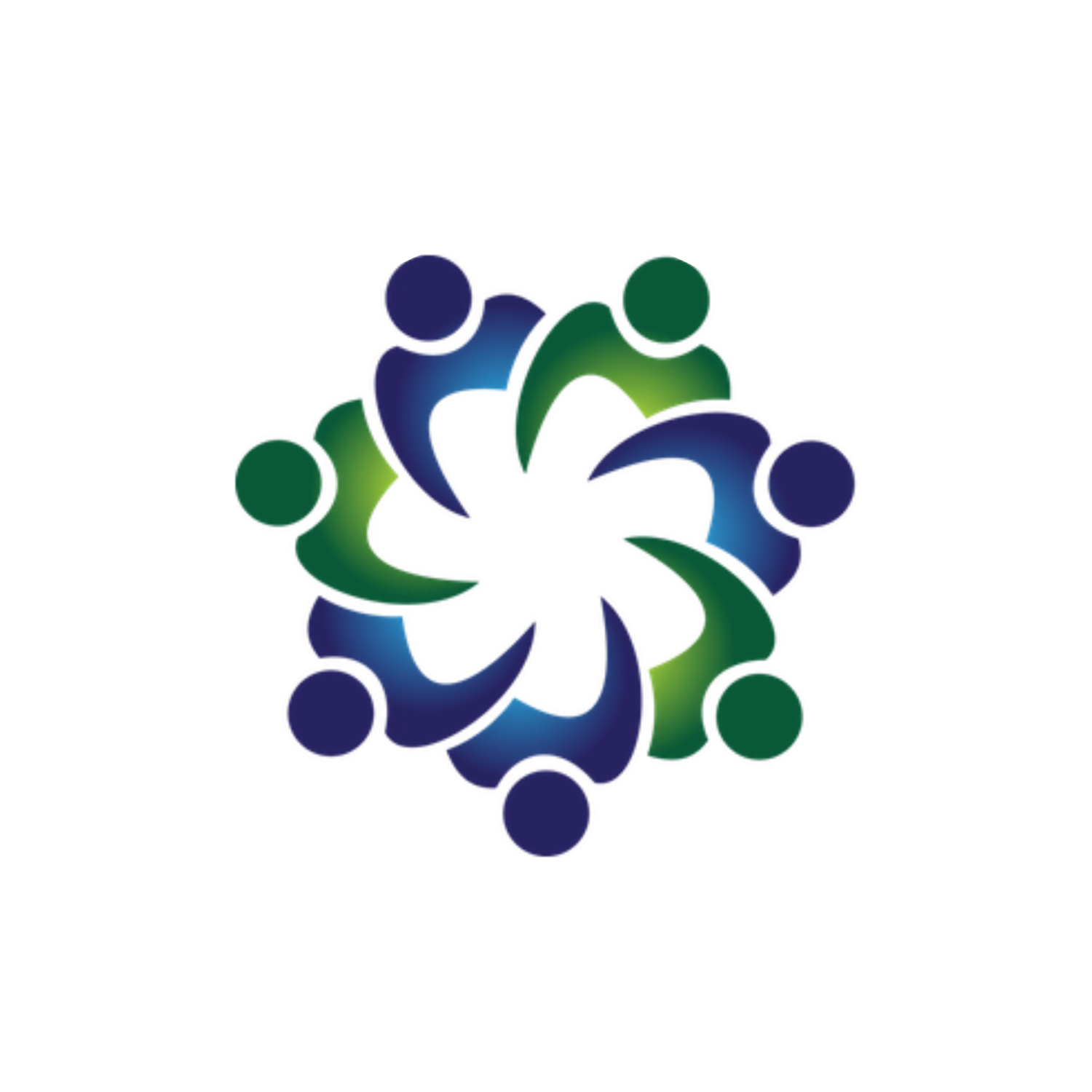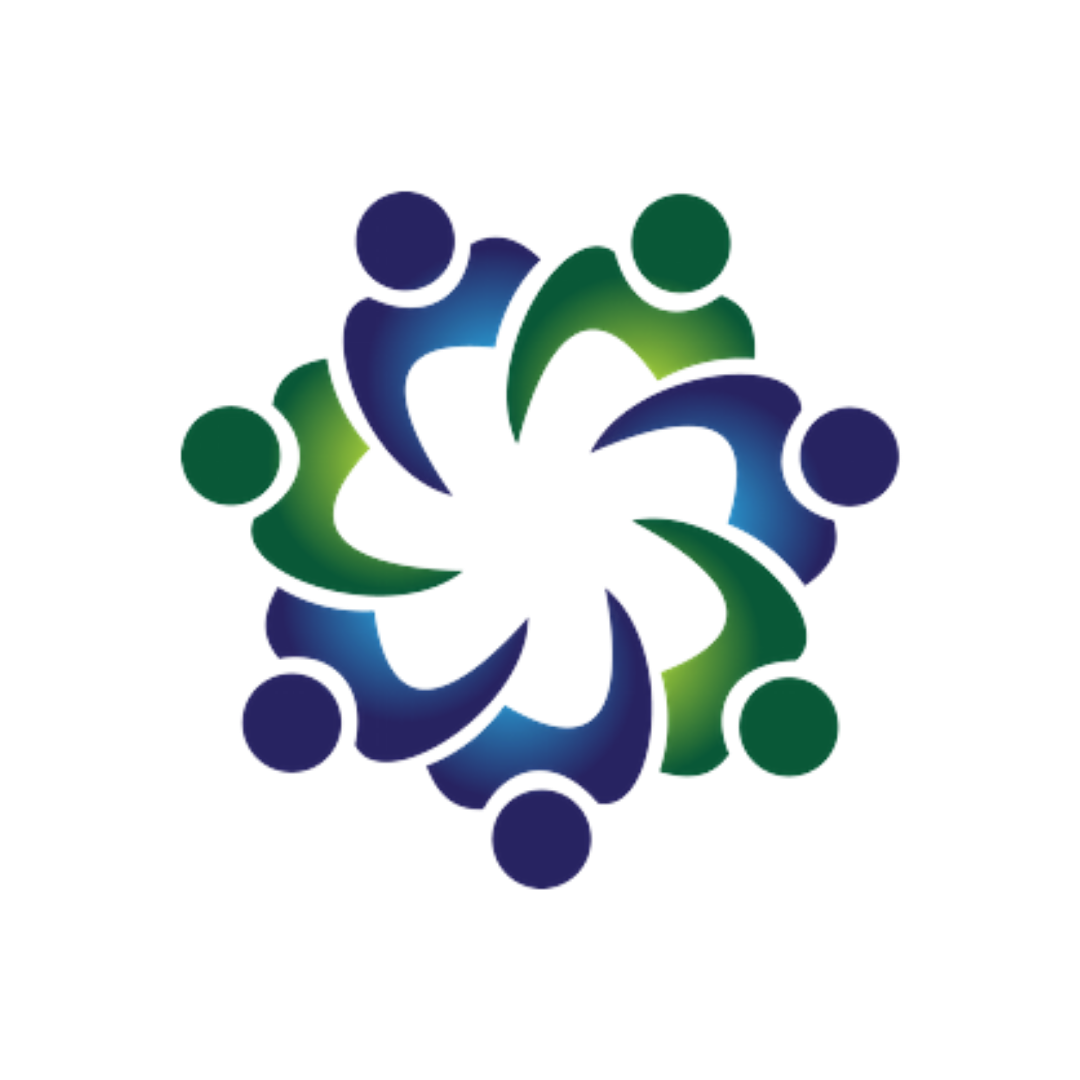Our services support Australian’s living with persistent pain to reduce social isolation and connects them with a community of people who understand.
-
Pain Link Helpline 1300 340 357
The Pain Link helpline offers a lifeline to individuals distressed by living with unrelieved pain and its impacts. Our volunteers clarify issues, assist with action planning, provide practical tips, refer to appropriate services and most importantly listen to your needs to ameliorate the impacts causing the greatest distress to you.
Pain Link is one of the few ways that Australians in regional and rural areas, or who are house bound, can be supported by peer guides who have become adept at managing their own pain and have the skills to pass on this knowledge to others.
Our Pain Link guides also deliver ongoing health coaching for an increasing number of callers who require this rolling assistance.
Leave a message on our message bank service. It is best to leave your name, number and the best time to call you back. A guide will return your call based on the information you provide. We have volunteers operating the service during business hours. If you require a particular gendered person return your call, we will do our best to support your needs.
Our Peer Guides are trained in Mental Health First Aid, but are not qualified Counsellors or Psychologists. Please seek the right support when you need additional help with your mental health.
-
Pain Support Groups
Each Pain Support Group has at least one (and preferably several) facilitators, and whilst each group has its own character and approach, all offer support, friendship, information and presentations and guest speakers.
Some groups meet in person, others are online. Most groups meet each month.
The purpose of the groups is to offer positive support and encouragement, with a focus on supporting and encouraging self-management of pain and use of evidence-based treatment. Information leaflets, calendars, thematic materials and group activities to support pain self-management have been developed.

